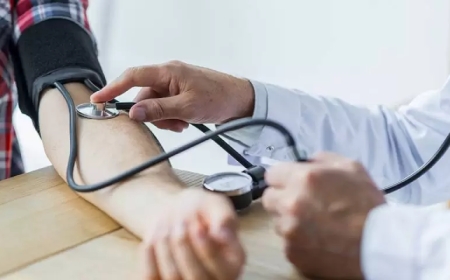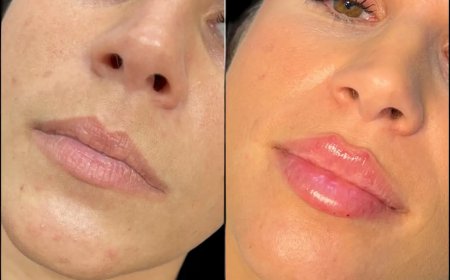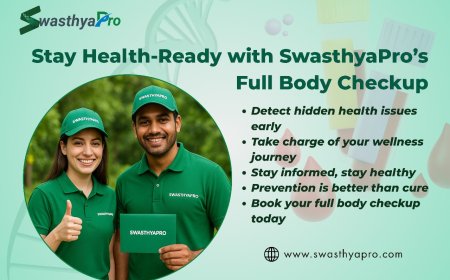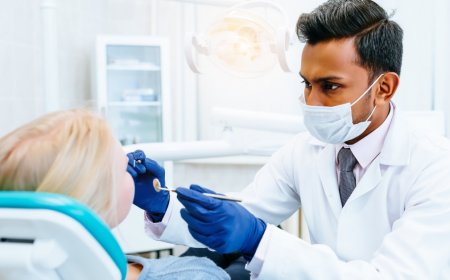Myths vs. Facts: Clearing Doubts About Cancer Screening Tests
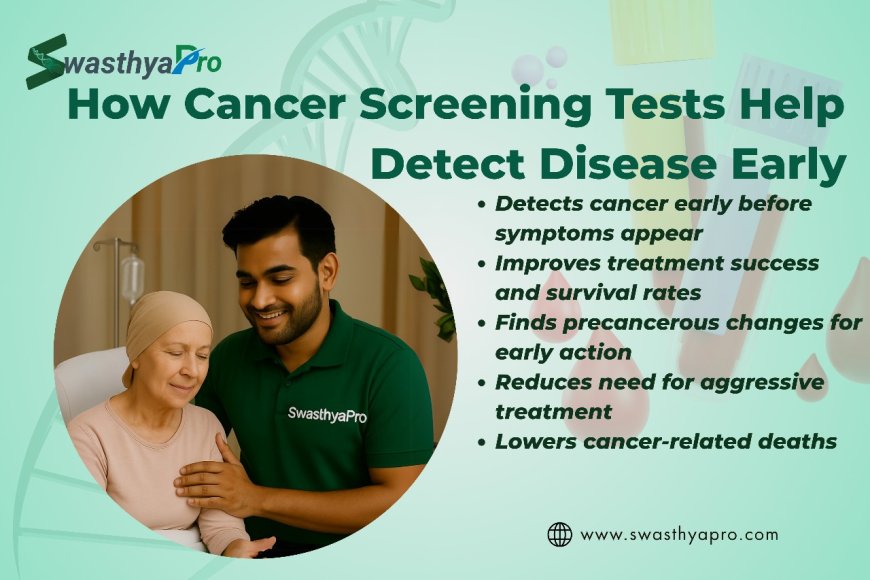
When it comes to health, ignorance is not bliss its a risk. And yet, millions of people delay or avoid taking a cancer screening test simply because of myths, fears, and misinformation. These misconceptions can cost precious time, allowing cancer to grow undetected. Thats why its important to separate facts from fear when it comes to cancer screening tests.
In this article, well break down some of the most common myths and reveal the life-saving truths behind them.
Myth 1: I feel healthy, so I dont need a cancer screening test.
Fact:
Many types of cancer dont show symptoms until the disease has advanced. Thats why a cancer screening test is designed to detect cancer early before you feel anything.
For example, colon cancer, cervical cancer, and prostate cancer often develop silently for months or years. A cancer screening test can identify abnormal cells or growths long before they cause pain or discomfort.
Feeling fine doesnt mean youre in the clear it just means its the perfect time to screen.
Myth 2: Cancer screening tests are painful or risky.
Fact:
Most cancer screening tests are quick, simple, and non-invasive. A Pap smear takes a few minutes. A mammogram causes mild pressure but no lasting pain. A stool test for colon cancer can be done at home.
Even a colonoscopy often feared is done under mild sedation and usually completed within 30 minutes.
The real risk lies in not doing a cancer screening test at all.
Myth 3: If I take a cancer screening test, I might end up getting cancer.
Fact:
This is a dangerous myth. No cancer screening test causes cancer. These tests are diagnostic tools not causes. They only detect what's already happening inside your body.
Avoiding a cancer screening test wont stop cancer from forming. It will only delay its detection and possibly make treatment harder later.
Myth 4: Cancer screening tests are only for older people.
Fact:
While age is a factor, its not the only one. Today, younger people are being diagnosed with cancers like cervical, breast, and colon at earlier ages due to lifestyle and genetic factors.
Women should begin Pap smears from age 21. Colon cancer screening is now recommended starting at age 45. If you have a family history, your doctor may suggest beginning certain cancer screening tests even earlier.
Cancer doesnt check your age and neither should you.
Myth 5: I had one screening done years ago, so Im safe.
Fact:
A cancer screening test is not a one-time event. Most need to be repeated regularly based on your age, gender, and results.
-
Pap smear: every 3 years
-
Mammogram: every 12 years
-
Colonoscopy: every 10 years (if normal)
-
PSA test: annually or as advised
-
Lung CT scan: every year (for high-risk individuals)
Skipping your scheduled cancer screening test can allow cancer to grow unchecked in the years in between.
Myth 6: Its better not to know if I have cancer.
Fact:
This fear-based thinking is understandable but deadly. Discovering cancer early through a cancer screening test often means the difference between simple outpatient treatment and aggressive, costly chemotherapy or surgery.
Early-stage cancers are often curable. Late-stage cancers are far more complicated and costly both emotionally and financially.
Knowledge isn't scary ignorance is.
Myth 7: Cancer screening tests are too expensive.
Fact:
Today, many diagnostic labs and health services offer affordable cancer screening test packages. From basic blood panels to home sample collections, preventive care is more accessible than ever.
Companies like Swasthyapro provide doorstep screening services at a fraction of the cost of hospital visits. Some insurance policies even cover preventive screenings.
In truth, the cost of a cancer screening test is far less than the cost of cancer treatment.
Myth 8: If the test is positive, its the end.
Fact:
A positive cancer screening test doesnt always mean you have cancer. Sometimes it simply means further tests are needed to rule it out.
Even if cancer is detected, early diagnosis drastically improves survival chances. Millions of people live long, healthy lives because their cancer was caught early through a simple cancer screening test.
So dont fear the result trust the process.
Final Thoughts: Face Facts, Not Fears
A cancer screening test is one of the smartest, strongest choices you can make for your health. Its not about fear its about freedom: freedom from late-stage diagnoses, from long hospital visits, from regret.
Remember:
-
Screening = prevention
-
Early detection = higher survival
-
Awareness = power
Dont let myths keep you from making the right choice. Take that cancer screening test for yourself, your family, and your future.



























